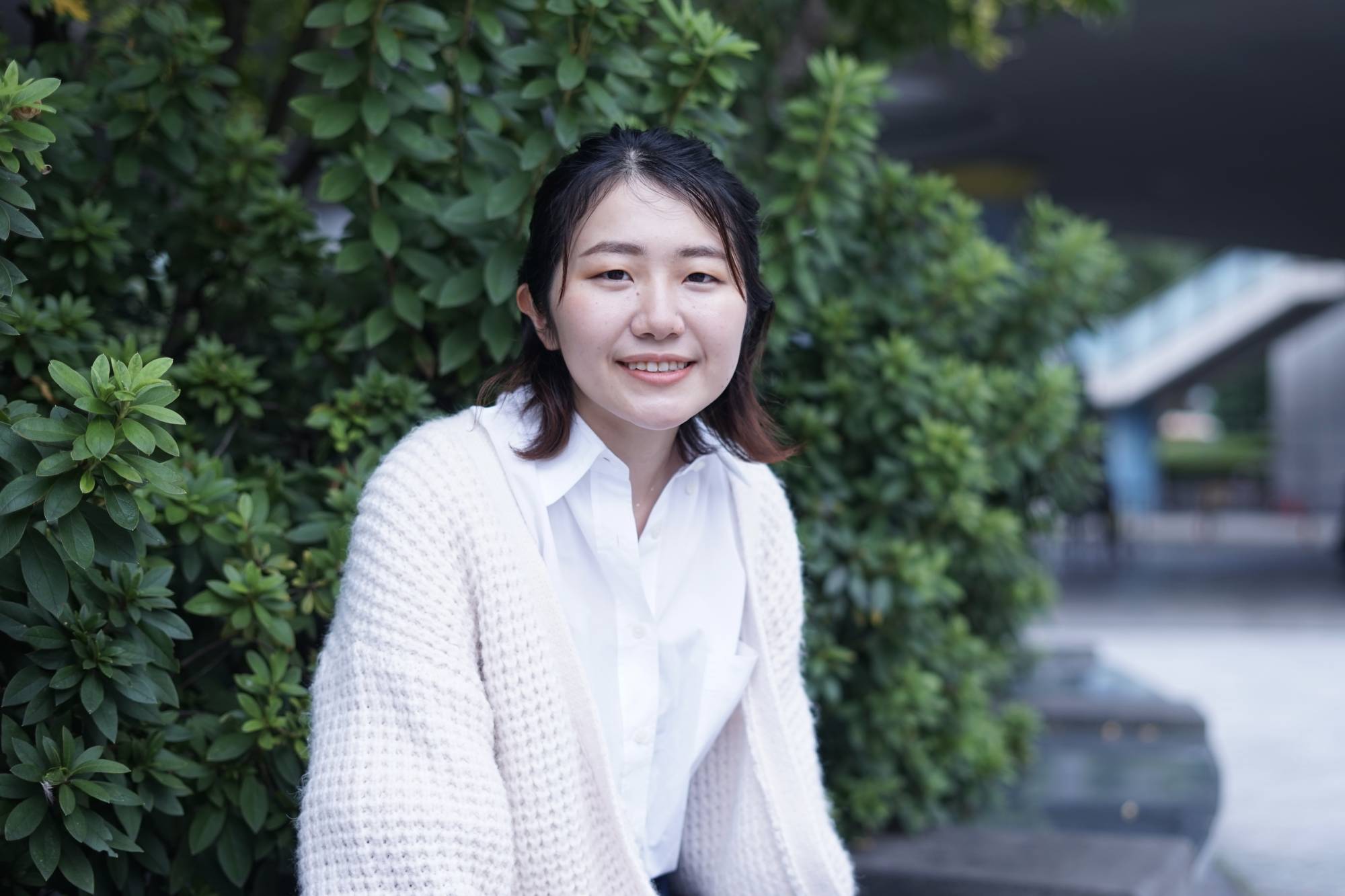Momoko Nojo, 24, is the founder of No Youth No Japan, an organization that aims to educate and empower young voters in the country. She made news when she launched a petition criticizing sexist comments made by former Olympics chief Yoshiro Mori in 2021 and, this year, was included on Time magazine’s 100 Next list.
1. How did you first start No Youth No Japan? I started the Instagram account when I was doing a study abroad program in Denmark.
2. Why did you choose Denmark? I was in the third year of my university studies, and I didn’t want to start job hunting (as Japanese students traditionally do in that year), so I decided to take a break for a year and go there to study. I was interested in their welfare system.
















With your current subscription plan you can comment on stories. However, before writing your first comment, please create a display name in the Profile section of your subscriber account page.